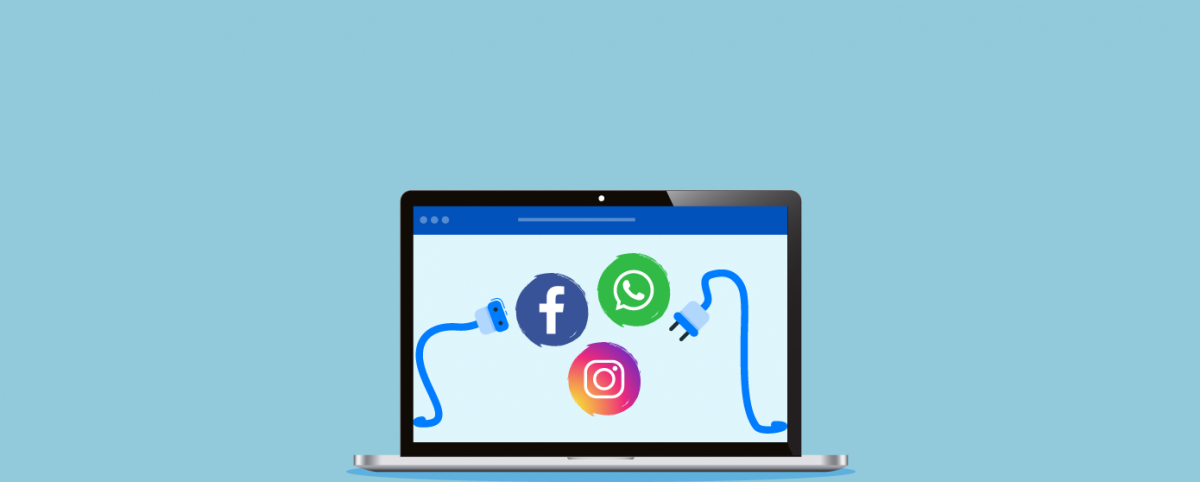How can Ebola infect your PC?!
In March 2014, the World Health Organization (WHO) reported a major Ebola outbreak in Guinea, a western African nation; it is the largest ever documented, and the first recorded in the region. Ebola virus disease (EVD) or Ebola Hemorrhagic Fever (EHF) is a disease caused by ‘ebola’ virus. The disease has a high risk of death, killing between 50% and 90% of those infected with the virus. The World Health Organization (WHO) has declared it an international health emergency as more than 1,000 people have died of the infection in Guinea, Liberia, Sierra Leone, and Nigeria this year.
News of the Ebola outbreak has dominated all the news outlets across the globe and created fear and concerns in the minds of every human being.
Ebola – The latest bait of Cybercriminals
Cyber Criminals have had tried to capitalize the contemporary headlines to dupe the innocent internet users and Ebola news has become their latest weapon!
Symantec, a security firm of international repute has observed incidents, where cybercriminals are leveraging the fear and panic created by ‘Ebola’ virus to hack or infect the PCs with malware.
As per Symantec’s report, they have observed 3 malware operations and 1 phishing campaign, leveraging on the panic of ‘Ebola’ virus.
The observed ‘baiting’ trends:
a) An email with a fake report, which infects the users’ device with the Trojan.Zbot malware.
b) An email which uses the brand and logos of a major telecommunications services provider (without their permission) and claims to offer a high-level presentation on the virus.
c) News on Zmapp, a promising Ebola drug still in an experimental stage and its business implications.
d) Phishing campaign impersonating ‘CNN’ with breaking Ebola news (with some terrorism thrown in). It gives a brief story outline and includes links to an “untold story”. The email also promises “How-to” precaution information and a list “targeted” regions.
Indusface as a security company fully empathizes with the concerns and emotions of the internet users for this deadliest virus but at the same time, we don’t want the internet users to be a victim of any malicious or phishing attacks. So it is advised to all, to avoid responding to unsolicited and suspicious emails. It’s better to avoid clicking on links in the message or opening the attachments enclosed with those suspicious emails.


 August 19, 2014
August 19, 2014






